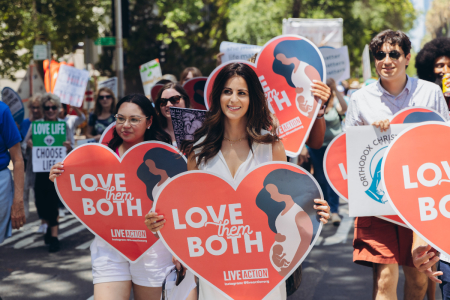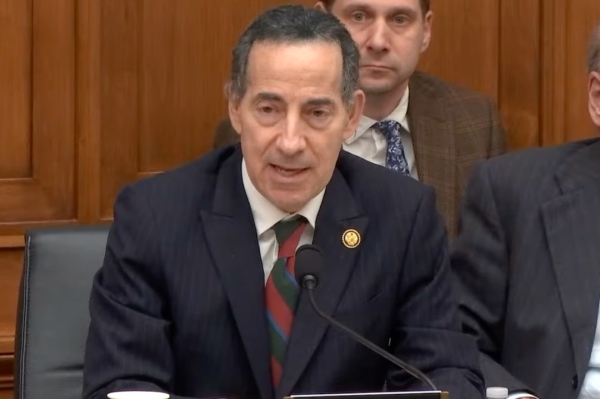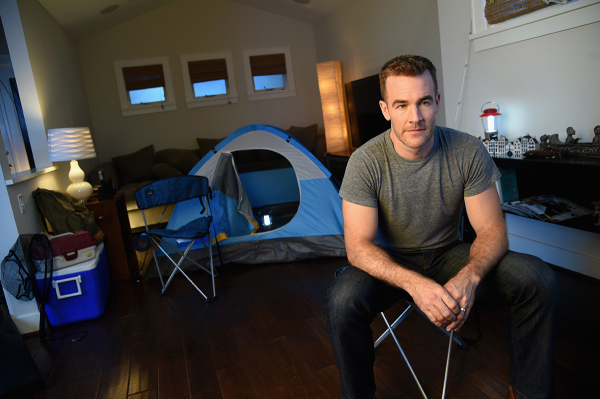Round 2: Lila Rose debates Ben Crump on 'Dr. Phil Show,' rebukes 'mischaracterization' of pro-lifers

Live Action Founder Lila Rose raised concerns about the harms of abortion on women's mental health in part two of a contentious debate over the issue on "The Dr. Phil Show."
Rose, a lifelong pro-life advocate, refuted often repeated claims by abortion activists that the movement doesn't help pregnant women, despite the numerous pregnancy centers that offer support to mothers and their families before, during and after birth.
Representing the pro-life argument on the show, which aired Wednesday, Rose was joined by Democratic state Sen. Katrina Jackson of Louisiana, vice president of legal affairs for The Right to Life League Susan Swift Arnall, and Democrats for Life Communications Director Jess Meeth.
Those arguing in favor of abortion included attorney Ben Crump and National Organization for Women President Christian Nunes.
Democrats have focused heavily on abortion ahead of the midterm elections as they try to maintain control in Congress. Whereas Republicans have focused on parental rights in education, the economy and crime.
The two-part episode with host Dr. Phil McGraw was broadcast in September and on Oct. 26, two weeks ahead of the midterm elections and just months after the U.S. Supreme Court’s ruling in Dobbs v. Jackson Women's Health Organization last summer. In the court's abortion ruling, the justices also overturned Roe v. Wade, the 1973 decision that legalized abortion nationwide. Now, each state has the power to decide whether to set limits on abortion, like most nations, or allow abortion up to birth.
At one point during last week's episode, a man in the audience said that, as a husband and father, he was opposed to what he deemed as "government-mandated pregnancy." Nunes agreed with his talking points, adding that states nor the federal government have the right to interfere with a “person’s autonomy,” saying that’s part of “our human rights.”
Rose agreed that the government should not control a woman’s body but noted that once she becomes pregnant, an additional human life is involved.
“What’s the point of rule of law? What’s the point of law in a society?” Rose asked. “It’s to protect the weak, right? The strong can care for themselves, but the weak are vulnerable. They need the support of the law and the law should protect the first human right, of course, which is life. The right to live, to not be killed in a violent abortion.”
The Live Action founder went on to say that abortion is “violence” and it “traumatizes” women, citing data from a 2002 study that suggested women were 150% more likely to attempt suicide in the year after she has an abortion.
The study derived its conclusion by examining the records of 173,279 low-income California Medicaid recipients who underwent abortions.
McGraw disagreed, claiming that there is no evidence for any “post-abortion syndrome,” adding that some data suggests women experience higher levels of stress before the abortion instead of after.
According to a 2008 American Psychological Association study, which reviewed scientific literature published on abortion 10 years earlier, purports women who abort in the first trimester do not experience a higher risk of mental health problems than women who carry their pregnancy to term. The study also asserts that the state of a woman’s mental health before the abortion is the “strongest predictor” of how she will feel afterward.
Other studies, however, indicate that having an abortion can increase a woman’s risk of experiencing mental health problems, including a 2011 quantitative analysis study published in the British Journal of Psychiatry. The study found that post-abortive women experience an 81% increased risk of having subsequent mental health issues.
Rose informed McGraw that her organization would soon publish a white paper that includes metadata from “dozens of studies across the world” to analyze the impact abortion has on women’s mental health.
The pro-life advocate also debated abortion with Crump, the attorney for Nancy Davis, a Louisiana woman whose child was diagnosed with a fetal anomaly. A hospital in her state had purportedly refused to perform an abortion, fearing it would violate Louisiana’s abortion law. Davis said she had to travel to New York to get an abortion at 16 weeks into her pregnancy.
As part of his argument, Crump said he would respect pro-life people more if they focused their advocacy on people after birth instead of advocating for the pre-born.
McGraw spoke up in Live Action’s defense, saying that the organization is “proactive” about supporting children after birth and connecting them to resources. The Live Action founder thanked the talk show host, saying that the idea that pro-lifers don’t help children after birth is a “mischaracterization.”
“The reality is, we’re out there offering solutions, offering options; financial care for women, job placement, adoption plan options, fostering kids,” she said. “Working with families, that’s the pro-life solution. Seeing the value of the mother and the child, bringing the family together, supporting families; there are thousands of pregnancy centers.”
In the first episode that aired in September, Rose debated McGraw over when life begins.
McGraw claimed that there is a lack of consensus within the scientific community about when life begins in response to Rose’s claim that 95% of scientists agree it starts at conception. The talk show host noted that some neuroscientists think it starts once brain waves become detectable.
"But Dr. Phil, in an abortion, if it's not a human life, why do you have to kill it?" Rose asked.
The pro-life leader also listened to Davis’ story of having an abortion due to her baby’s adverse diagnosis. As a mother who lost a child to a miscarriage, Rose sympathized, agreeing that news of their baby’s death is one of the worst things for a mother to hear.
"Those were some of the darkest days of my life, and they were dark days because it was our child," she said.
"We knew this was a baby, and I think that's the fundamental point here is that we're talking about a baby. We're talking about a human life. And the pro-life position is that all humans have human rights, and the first right is life — to not be killed."
The Live Action Founder said that in Davis’ case, the doctors should have offered her hospice or palliative care so that her child could die naturally "instead of at the abortionist's tools."
Samantha Kamman is a reporter for The Christian Post. She can be reached at: samantha.kamman@christianpost.com.





















